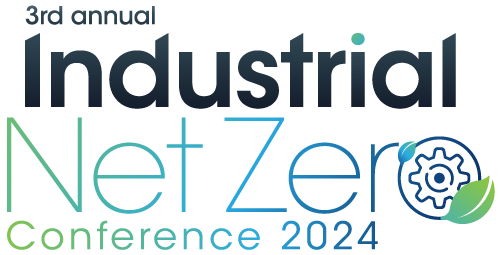 Margie Thomson
Margie Thomson
Chief Executive Officer
Cement Industry Federation
 Hon Tim Ayres
Hon Tim Ayres
Assistant Minister for Trade; Assistant Minister for Manufacturing
Australian Senate
- Contracting what could be Australia’s largest renewable energy power purchase agreement
- Tomago Aluminium’s approach to procuring electricity in a transitioning market
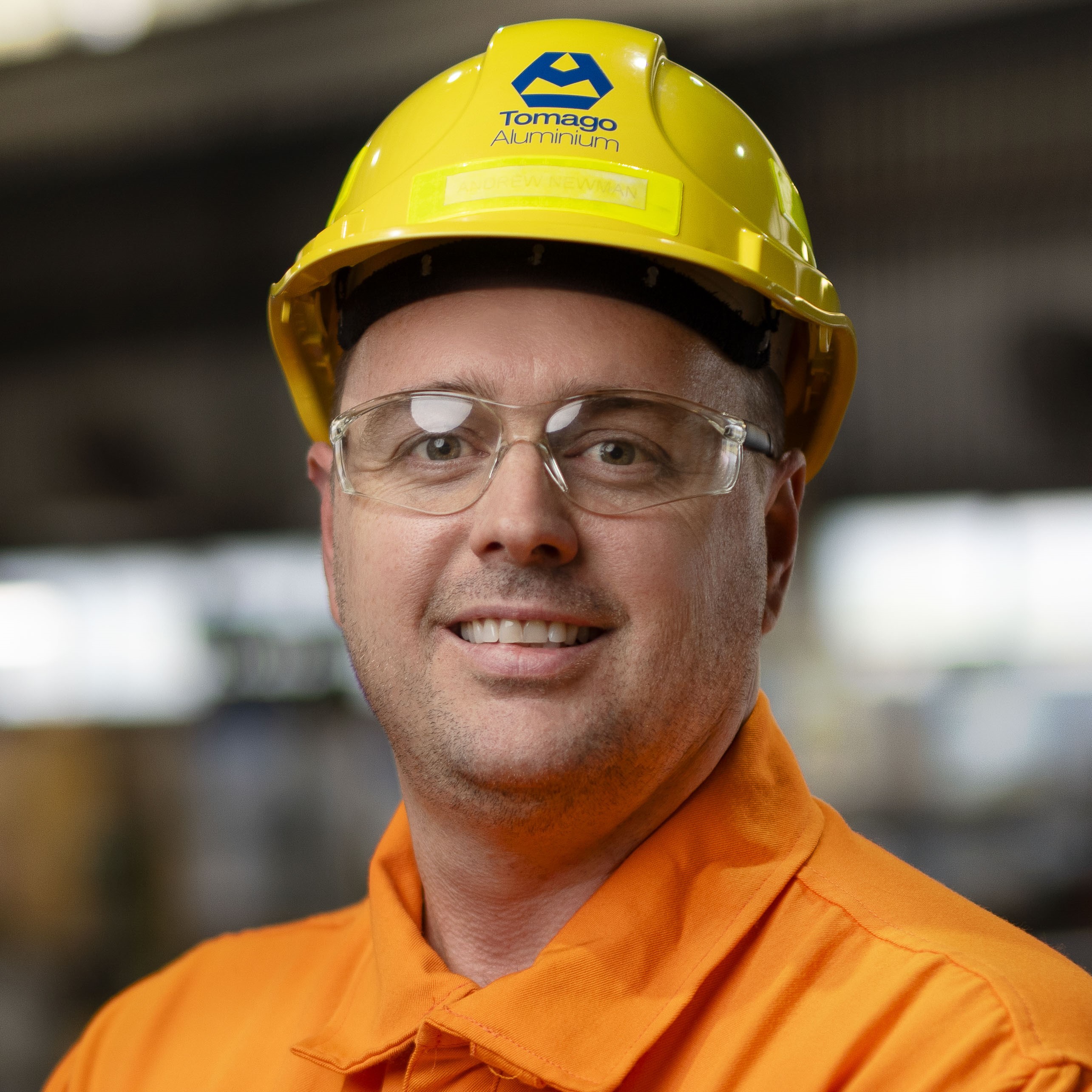 Andrew Newman
Andrew Newman
CFO and Company Secretary
Tomago Aluminium
- Scaling up production to have a meaningful impact on the carbon profile of industrial users
- Spurring the development of a Renewable Gas sector through supportive policy
- Encouraging cross-sector partnership to stimulate a Renewable Gas market
 Suzie Jakobovits
Suzie Jakobovits
General Manager Renewable Gas
Jemena
- How Boral is leveraging technologies which can decarbonise cement making processes
- The practical realities of implementing net zero technology – what does ‘success’ look like?
- Securing reliable low-carbon energy for energy intensive processes
- Reducing embodied carbon by partially replacing Portland cement with lower carbon cementitious materials
 Ali Nezhad
Ali Nezhad
Head of Sustainability and Innovation
Boral
- Establishing a level playing field on carbon for industrial products in Australian and global markets
- Assessing (and actioning) Australia’s options in the Carbon Leakage Review: Carbon Border Adjustment Mechanism (CBAM)? Financial support? Product standards? Treaties?
- How will the EU CBAM impact Australian exporters in 2026 (and UK in 2027, or the proposed USA Clean Competition Act (CCA)?
 Tennant Reed
Tennant Reed
Director – Climate Change and Energy
Australian Industry Group (Ai Group)
- What role does Australia’s carbon price and climate policy framework play in setting decarbonisation expectations?
- How will the design of policy inform industrial decarbonisation pathways?
- What role will external abatement play, e.g. via the use of carbon offsets?
- Not all carbon offsets are created equal. What do large companies need to consider?
- What is Australia’s current carbon price?
- What will drive Australia’s carbon price over the next 5-10 years?
 Anton Firth
Anton Firth
Director, Research
RepuTex Energy
- How will the Capacity Investment Scheme (CIS) and withdrawal of Renewable Energy Target change energy supply?
- What are the opportunities of ‘Future Made in Australia Act’ to empower growth on net zero manufacturing and industry?
- What policy would form the basis of an enduring framework that can adapt over time including the infrastructure and clean energy to power new growth?
- How will the Net Zero Economy Agency protect Australian industry and manufacturing as the costs of decarbonisation bite into profits and viability?
Moderator:
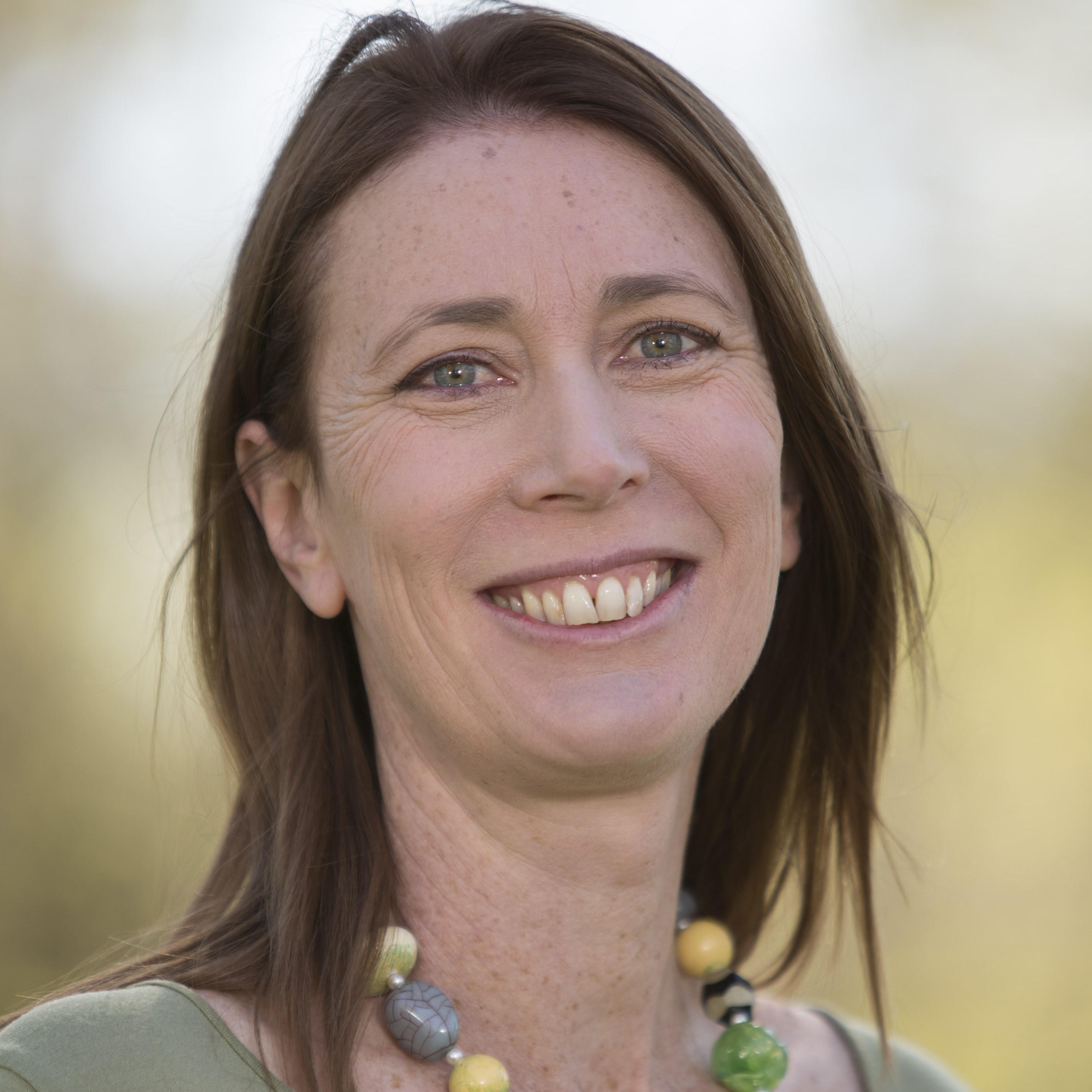 Emma Aisbett
Emma Aisbett
Associate Professor, School of Law and Associate Director (Research) Zero-Carbon Energy for the Asia-Pacific Grand Challenge
Australian National University (ANU)
Panellists:
 Tennant Reed
Tennant Reed
Director – Climate Change and Energy
Australian Industry Group (Ai Group)
 Beth Mitchell
Beth Mitchell
Head of Engagement
Beyond Zero Emissions
 Tats Kato
Tats Kato
Head of Project Origination (ESG, Decarbonisation & Energy Transition)
Sojitz Corporation
Interface will focus its efforts on direct carbon reduction and carbon storage innovation projects to meet its ambitious environmental sustainability goals that include:
- Achieving 2030 targets validated by the Science Based Targets Initiative (SBTi) to halve absolute Scope 1 and 2 greenhouse gas emissions, to halve absolute Scope 3 emissions from purchased goods and services, and to reduce business travel and employee commuting emissions by 30%, all from a 2019 baseline year
- Reimagining product development and manufacturing to drive carbon reduction and storage
- Reducing the carbon footprint of products through manufacturing and raw material innovations and increasing product recycled and bio-based content
- Identifying and driving commercial adoption of circular models across all product categories
- Inspiring industry to join in, making a bigger impact through collective action focused on absolute carbon reduction
 Aidan Mullan
Aidan Mullan
Sustainability Manager
Interface Australia & New Zealand
- How do we avoid the ‘electrical equipment working out front (charged by a diesel generator around the back)’ scenarios?
- How can recognised definitions and standards be implemented so consumers and advocacy groups can be sure that claims are rigorous, verifiable and trustworthy?
- Who should be setting carbon emission frameworks – international bodies, Australian regulators, or industry associations?
Moderator:
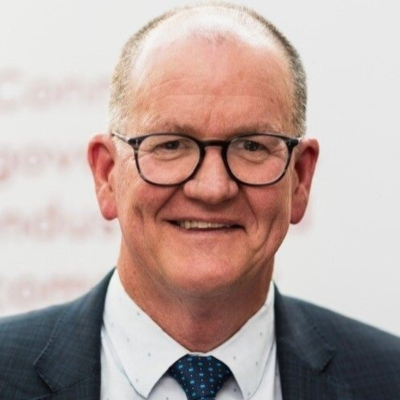 Michael Kilgariff
Michael Kilgariff
Chief Executive Officer
Cement, Concrete and Aggregates Australia (CCAA)
Panellists:
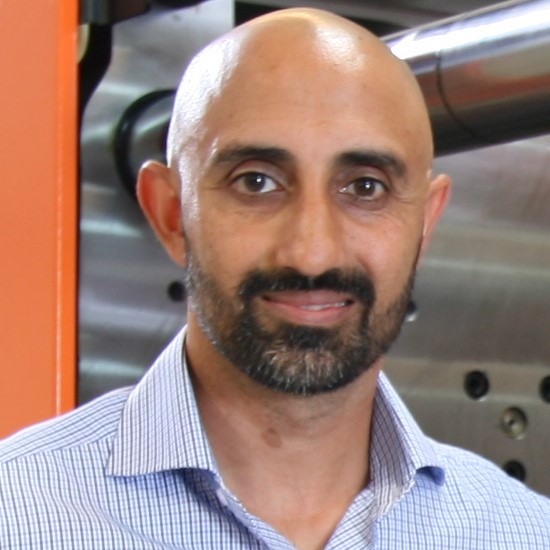 Kulbir Dhanda
Kulbir Dhanda
Research and Development
GoodPlastics
 Aidan Mullan
Aidan Mullan
Sustainability Manager
Interface Australia & New Zealand
 Andrew Newman
Andrew Newman
CFO and Company Secretary
Tomago Aluminium
 Emma Aisbett
Emma Aisbett
Associate Professor, School of Law and Associate Director (Research) Zero-Carbon Energy for the Asia-Pacific Grand Challenge
Australian National University (ANU)
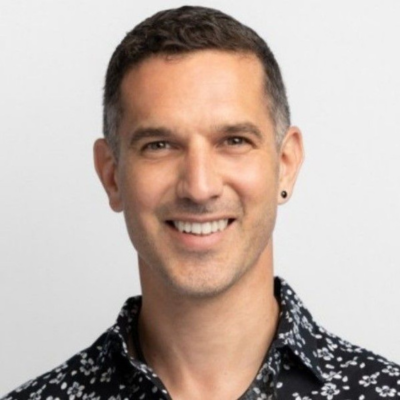 Cyril Giraud
Cyril Giraud
Head of Sustainability
Holcim Australia
- Addressing the magnitude of emissions from cement manufacture including alternate fuels, mineral addition optimisation and carbon capture leading to green methanol production
- How low carbon concrete mixes can be produced today which are fully compliant with Codes & Standards
- A Carbon Road Map - as seen by Cement Australia
 Olivia Alexis
Olivia Alexis
Technical Product Specialist
Cement Australia
- Creating a culture of sharing information on ‘wins’ so they can be duplicated
- Ensuring solid governance around sustainability that is not linked to the specifics of individuals sites (eg renewable electricity is readily available in Australia, much harder to source in Japan)
- Committing to funding projects CAPEX projects that may have very long timelines to a justifiable ROI
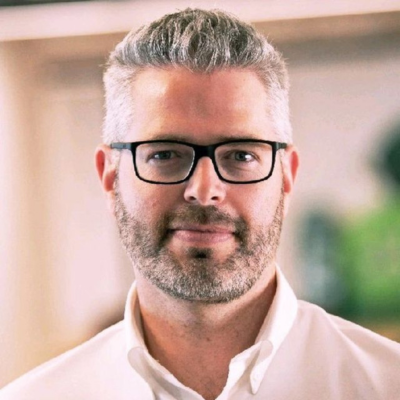 Damon Tweedie
Damon Tweedie
Head of Sustainability
EnergyAustralia
- What are effective tools and channels for educating internal and external stakeholders to ensure everyone understands the importance and feasibility of the transition (building carbon literacy)?
- How do you build trust and credibility with both internal and external stakeholders during a business transformation?
- What are the best ways to demonstrate tangible progress towards achieving net zero goals?
Moderator:
 Eric Kimmel
Eric Kimmel
Program Manager, New Low Carbon Industrial Foundations
NSW Department of Climate Change, Energy, the Environment and Water (NSW DCCEEW)
Panellists:
 Justin Merrell
Justin Merrell
Group Sustainability Director
Lion Co
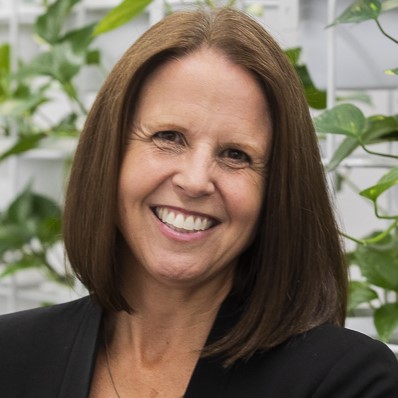 Amanda Robertson
Amanda Robertson
Head of Sustainability (Oceania)
Nestlé Oceania
 Chau Le
Chau Le
General Manager, E-Mobility
Origin Zero
